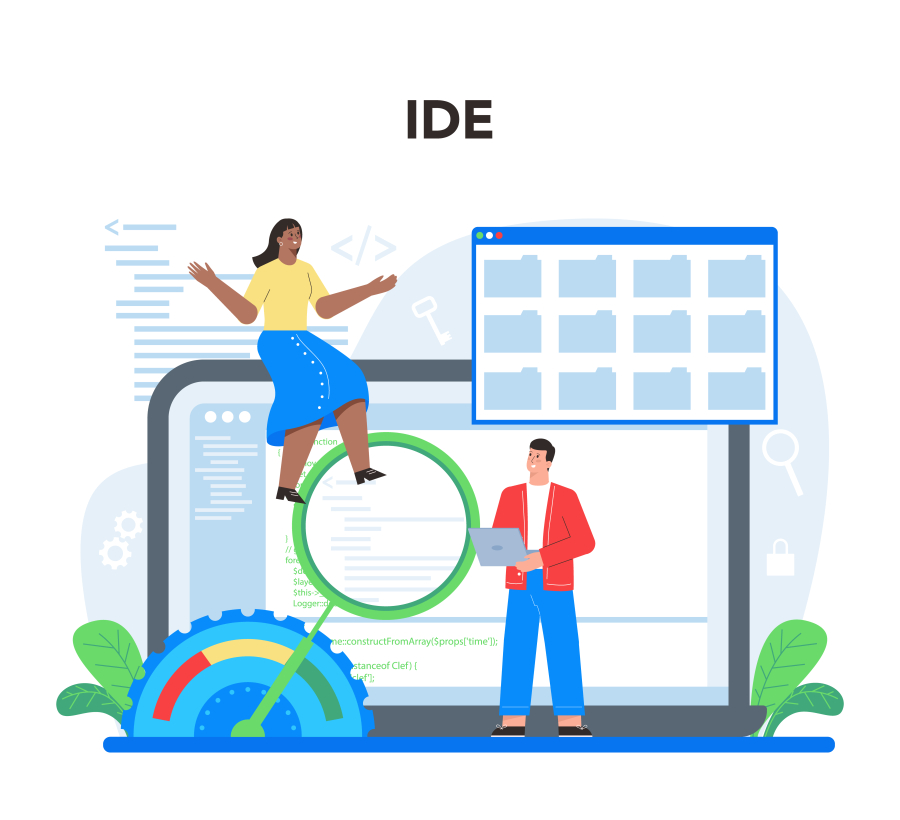How to Create a Freelancer Financial Plan
How to Create a Freelancer Financial Plan: Essential Steps for Freelancers
Financial planning is one of the most important aspects of being a successful freelancer. Unlike traditional employees, freelancers have fluctuating incomes and no guaranteed paycheck. This makes it crucial to have a solid financial plan in place to ensure your business stays profitable, sustainable, and stress-free.
At FreelancerBridge, we understand the challenges that freelancers face when it comes to managing their finances. In this guide, we’ll walk you through the essential steps of creating a freelancer financial plan that will help you stay on top of your finances, save for the future, and invest in your freelance career.
Introduction: Why a Freelancer Financial Plan is Essential
As a freelancer, you're your own boss, and that means you're also responsible for your financial well-being. Having a financial plan allows you to budget effectively, set aside money for taxes, save for emergencies, and make strategic investments in your freelance business. Whether you're just starting out or you've been freelancing for years, creating a solid financial plan is essential for long-term success.
This guide will provide you with the key steps to create a freelancer financial plan that will keep you on track, manage your cash flow, and help you navigate the financial challenges of freelancing.
Long Description: How to Create a Freelancer Financial Plan
1. Set Clear Financial Goals
The first step in creating a financial plan is setting clear and achievable financial goals. These goals will serve as the foundation for your plan, helping you focus on what you want to achieve and how you can get there. Financial goals can range from paying off debt, building an emergency fund, saving for retirement, to growing your business.
How to handle:
- Break your goals down into short-term and long-term objectives.
- Set specific, measurable goals such as “Save 20% of my income for retirement” or “Pay off $5,000 of debt in the next 12 months.”
Why it matters:
- Provides direction and clarity for your financial decisions.
- Helps you prioritize your spending and saving.
2. Track Your Income and Expenses
As a freelancer, your income can fluctuate month to month, making it crucial to track both your income and expenses. Knowing where your money is coming from and where it’s going will allow you to manage your finances better, ensure that you’re not overspending, and help you plan for leaner months.
How to handle:
- Use accounting software or a spreadsheet to record all income and expenses.
- Categorize your expenses (e.g., marketing, software, office supplies, travel) to see where your money is being spent.
- Regularly review your income and expenses to adjust your financial plan as needed.
Why it matters:
- Helps you stay on top of your finances and avoid unnecessary debt.
- Allows you to make informed decisions about your spending and saving.
3. Create a Budget for Your Freelance Business
Budgeting is a crucial part of a financial plan. As a freelancer, you need to account for business-related expenses as well as personal living costs. A budget ensures you can cover both your business and personal expenses, save money, and set aside funds for taxes and emergencies.
How to handle:
- Separate your business and personal finances by opening a business bank account.
- Set aside a portion of your income for taxes, savings, and emergencies (e.g., 25% for taxes, 10% for savings).
- Budget for both fixed expenses (e.g., subscriptions, software, rent) and variable expenses (e.g., marketing, travel).
Why it matters:
- Helps you live within your means and avoid overspending.
- Ensures you have enough funds for taxes, savings, and emergencies.
4. Set Up an Emergency Fund
As a freelancer, you don't have the security of a traditional paycheck, so it's essential to set up an emergency fund to cover unexpected expenses or income gaps. An emergency fund gives you peace of mind and financial stability during uncertain times.
How to handle:
- Aim to save 3 to 6 months of living expenses in an easily accessible account.
- Set aside a small portion of your income each month until you reach your emergency fund goal.
Why it matters:
- Provides financial security during periods of low or inconsistent income.
- Helps you avoid relying on credit or loans in emergencies.
5. Plan for Taxes
Freelancers are responsible for their own taxes, including self-employment tax, income tax, and possibly other taxes depending on where you live. Planning for taxes ahead of time will help you avoid surprises and penalties at the end of the year.
How to handle:
- Set aside a percentage of each payment for taxes (e.g., 25-30% of your income).
- Make quarterly estimated tax payments to avoid large lump sum payments at tax time.
- Keep accurate records of all business expenses, as many of them are tax-deductible.
Why it matters:
- Helps you avoid underpayment penalties.
- Ensures that you are prepared to pay your taxes on time.
6. Invest in Your Freelance Business
Part of your financial plan should include setting aside money for reinvesting in your freelance business. Whether it’s for marketing, learning new skills, or purchasing tools that will help you grow, investing in your business will allow you to improve your services and increase your earning potential.
How to handle:
- Allocate a portion of your income for business growth activities (e.g., marketing campaigns, professional development courses).
- Track the return on investment (ROI) for each business expense to ensure it’s contributing to your business’s success.
Why it matters:
- Helps you scale your business and increase revenue over time.
- Allows you to stay competitive in a changing market.


 by Emily
by Emily




